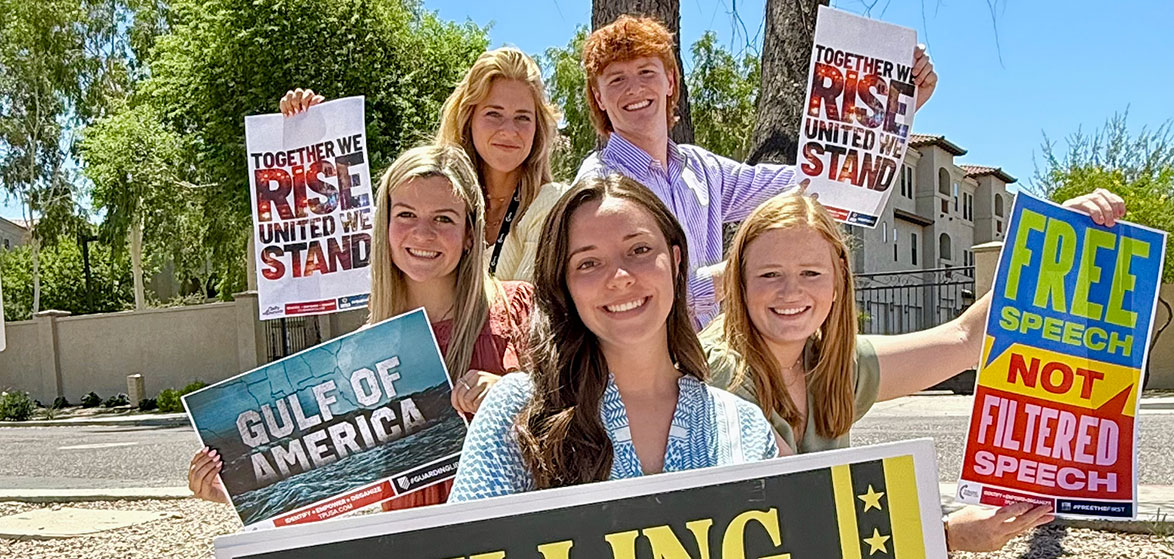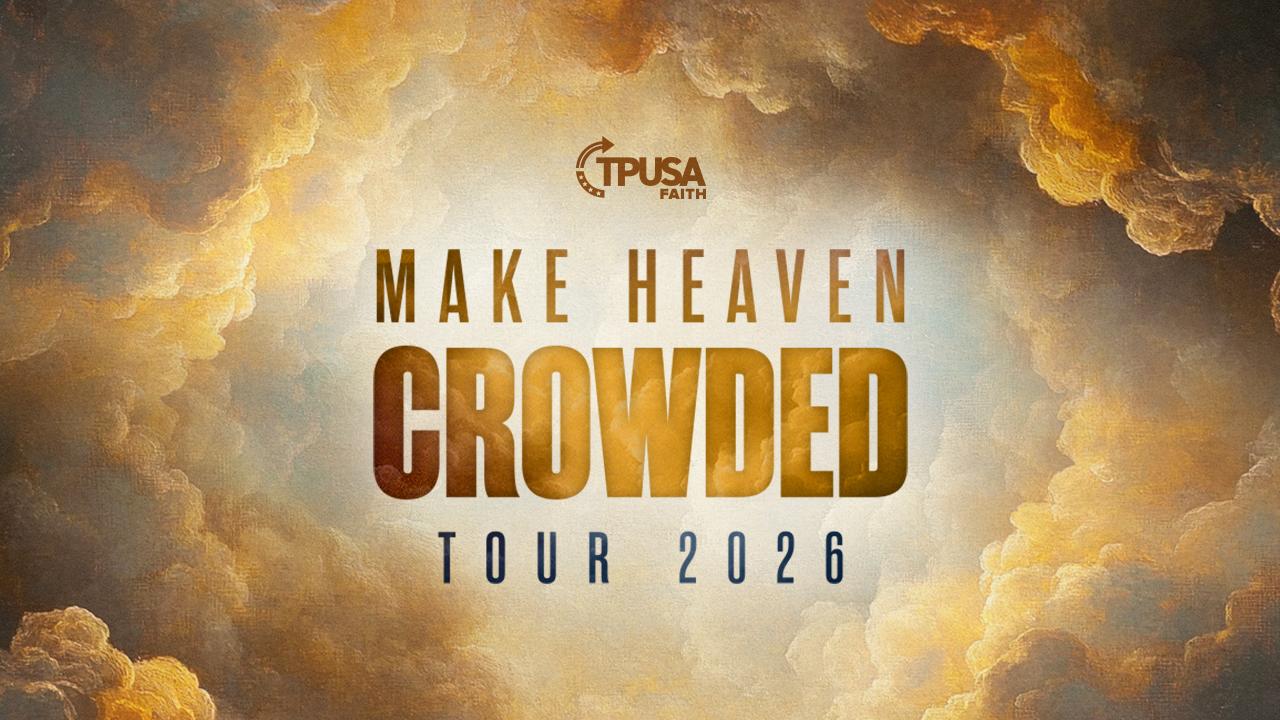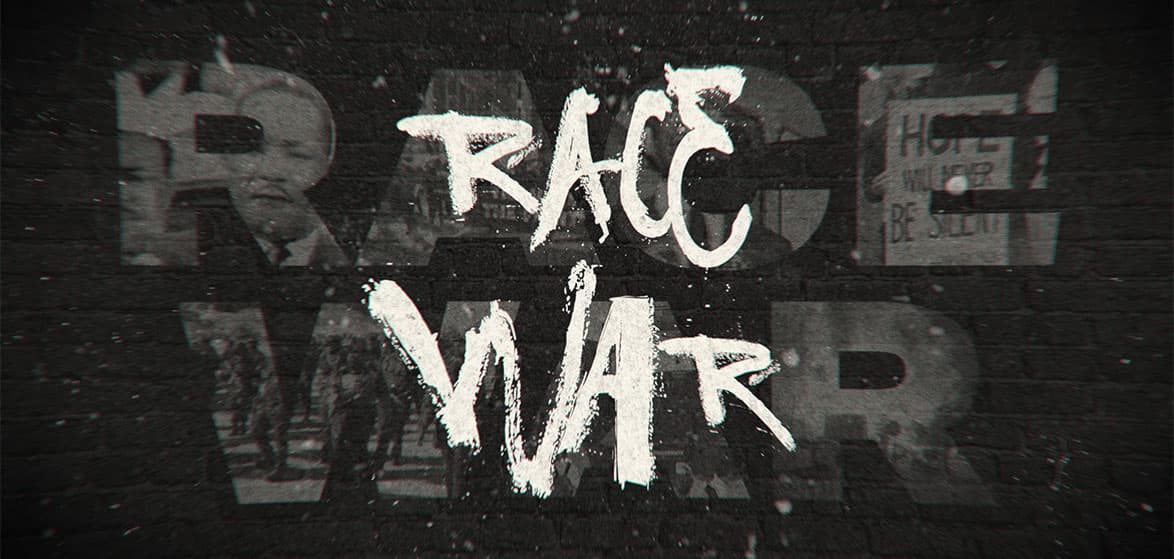
The federal government approved “one-time” $700 disaster relief payments to Maui residents devastated by wildfires that swept the island last week, but the move sparked a backlash from many who contrasted the emergency aid with the billions of dollars sent overseas to fund the war in Ukraine.
Since February of 2022, the United States Congress approved sending more than $113 billion in defense funds and aid to Ukraine, while natural disasters ravaged American homes, cities, and now, islands. On August 14, the Pentagon announced that an additional $200 million is being sent “to help Ukraine counter Russia’s ongoing war of aggression.”

Since the wildfires began, several government agencies and volunteer organizations have provided aid to residents in Maui, including food, shelter, blankets, clean water, and more. Despite this, several Americans are still outraged at the comparatively weak response in contrast to the federal aid given to Ukraine.
“The United States has just sent another $200 million in aid to Ukraine. $200 million to Ukraine . . . and Maui doesn’t even get a comment,” one X (formerly known as Twitter) user wrote. “Maui should just change their island name to Ukraine at this point.”
“Everyone’s homes that were lost in Maui could be rebuilt for less than half of what was sent to Ukraine,” another said.
Massive groups of people were filmed swimming in the ocean, reportedly staying there for hours, in an attempt to escape the rising flames, prompting one X user to post, “So we don’t have a Coast Guard in Hawaii? Why did these people sit in the ocean for hours without help?”

Earlier this week, President Biden was asked by reporters about the rising death toll in Maui, but responded “no comment,” to reporters’ requests. His office has, however, continued to release updates on the situation.
FEMA Administrator Deanne Criswell joined White House Press Secretary Karine Jean-Pierre remotely on Monday to deliver an update on the disaster relief for Maui, which was devastated by a wildfire last weekend that left 106 people dead, and many more still missing.
During the conference, Criswell stressed the importance of a “culturally responsive” approach to disaster relief for the wildfire-destroyed Hawaiian island of Maui.
“We are working with our state and local partners to ensure that our outreach and our messaging is also culturally responsive,” Criswell said.
Following hurricane Ian in Florida last year, which destroyed several towns along the west coast of the state, flattened homes, and took the lives of 148 people, several pundits were quick to politicize the disaster. “Climate change” was given the lion’s share of the blame, but many used the incident to point out alleged “inequities” in how emergency aid is distributed to suffering communities.
“[C]limate change is increasingly becoming a cause of inequality,” NBC explained. “Part of the problem is our existing recovery policies, which do not distribute post-disaster aid in fair or equitable ways.”
The wildfires in Maui have proven to be the deadliest in the U.S. in more than 100 years, with more than 2,200 structures damaged and approximately 2,170 acres burned. According to the New York Times, “Days after the disaster, frustrated residents in West Maui said that they were receiving far more help from an ad hoc network of volunteers, some ferrying supplies in their own boats, than they were from the government.” Still, more than 3,400 people have already applied for government assistance, with many more expected to do so in the coming days.















